There were at least two seismic events in Alberta late Monday evening and experts say their current best guess is that they were non-traditional ice quakes.

The incidents caused damage to homes in Alberta Beach, where residents reported hearing loud crashing and creaking noises overnight.
READ MORE: Seismic activity confirmed, consistent with reports of quake damage in Alberta Beach
The Alberta Energy Regulator (AER) oversees seismic activity in the province. The AER’s geological survey branch confirmed that two seismic events of approximately 2.0 magnitude each occurred at approximately 11:45 p.m. on Monday: one near Gull Lake and one near Pigeon Lake.
“There very well could be events that are smaller than that detection threshold that we’re not able to see,” AER seismologist Ryan Schultz said on Wednesday. “If it happens over a very long time scale, we can’t see that.”
Since the phenomenon in Alberta Beach was reported, people in other parts of Alberta are coming forward with similar experiences.
“Likely though, because all these areas were undergoing the same temperature changes [and] they all happen to be nearby lakes, it’s probably the same mechanism causing it,” Schultz said.
His best guess? Sort of a reverse ice quake.
READ MORE: More mysterious booms heard around GTA
Ice quakes — or cryoseisms — usually occur when there is a rapid drop in temperature. Water that is in the ground freezes. Because it has nowhere else to go, it cracks the soil or rock, causing a loud noise and the shaking of the ground.
There are two types of cryoseisms: a frost quake and an ice quake. An ice quake occurs over bodies of water such as lakes and rivers.
“It’s actually backwards from regular intuition.
“So normally, what happens with an ice quake or a cryoseism, you get the situation where the temperature rapidly drops — it used to be somewhere above freezing and then it goes below freezing really quickly — and you also don’t have a lot of snow cover and all of a sudden, because water expands when it freezes, you get all of this increased pressure and stress and it just can’t go anywhere without expanding ice… All of a sudden, it pops and slips, so that’s a traditional ice quake,” Schultz said.
The temperature in Alberta Beach, like most of Alberta, has changed drastically over the past few days. On Monday, Alberta Beach went from a low of -28 C to a high of -6 C.
“In this case though, it’s backwards… We do have to look a little bit more into it to understand what’s going on.”
Schultz said researchers will look at whether wind on the lake could be a factor.
“Or if there’s just gradients in temperatures — where you’re getting warmer areas and cooler areas — and that change in temperature changes how the rate of expansion happens, or maybe it’s a combination of all of these things.”
To try and explain, he offered a simple analogy.
“That change in temperature is very similar to when you take an ice cube and you put it into a pop and then it just cracks in your drink.
“That’s the same sort of idea that probably happened here — our best guess at what happened here — just on a larger scale.”
He stressed that science is a process and that it will take time to land on the right conclusion.
“We’re trying to wrap our head around it too.”
The province also experienced a significant shift in temperatures in December, when it went from above the freezing mark to the -30s C during the latter half of the month.
READ MORE: The frost quakes have returned. What have we learned since 2014?
There were reports of frost quakes in Ontario in 2013, 2014 and 2015.
However, they have also been known to happen during a deep cold. It happened in southwestern Ontario in 2014 when the temperature was around -15 C — nowhere near a thaw.
Frost quakes are very localized compared to earthquakes and diminish rapidly with distance, according to experts.




















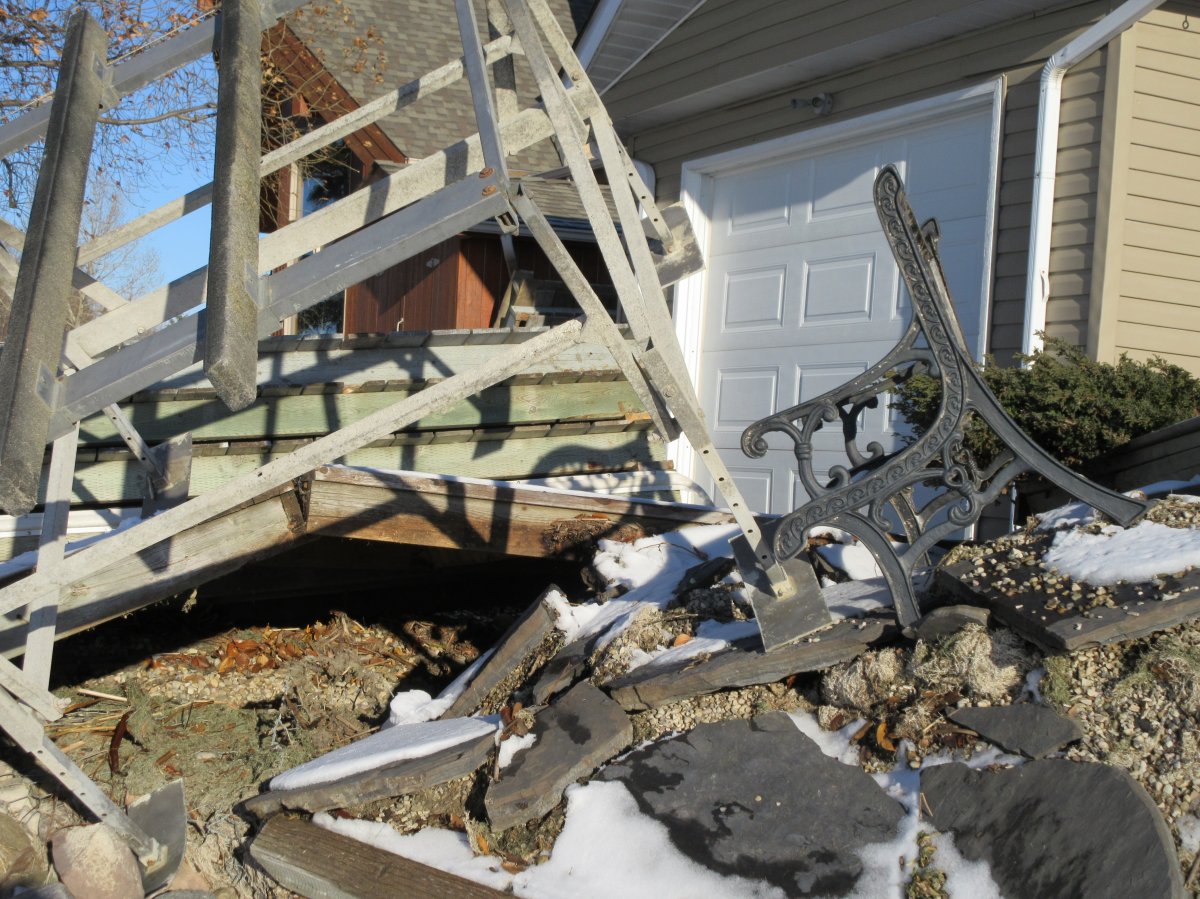























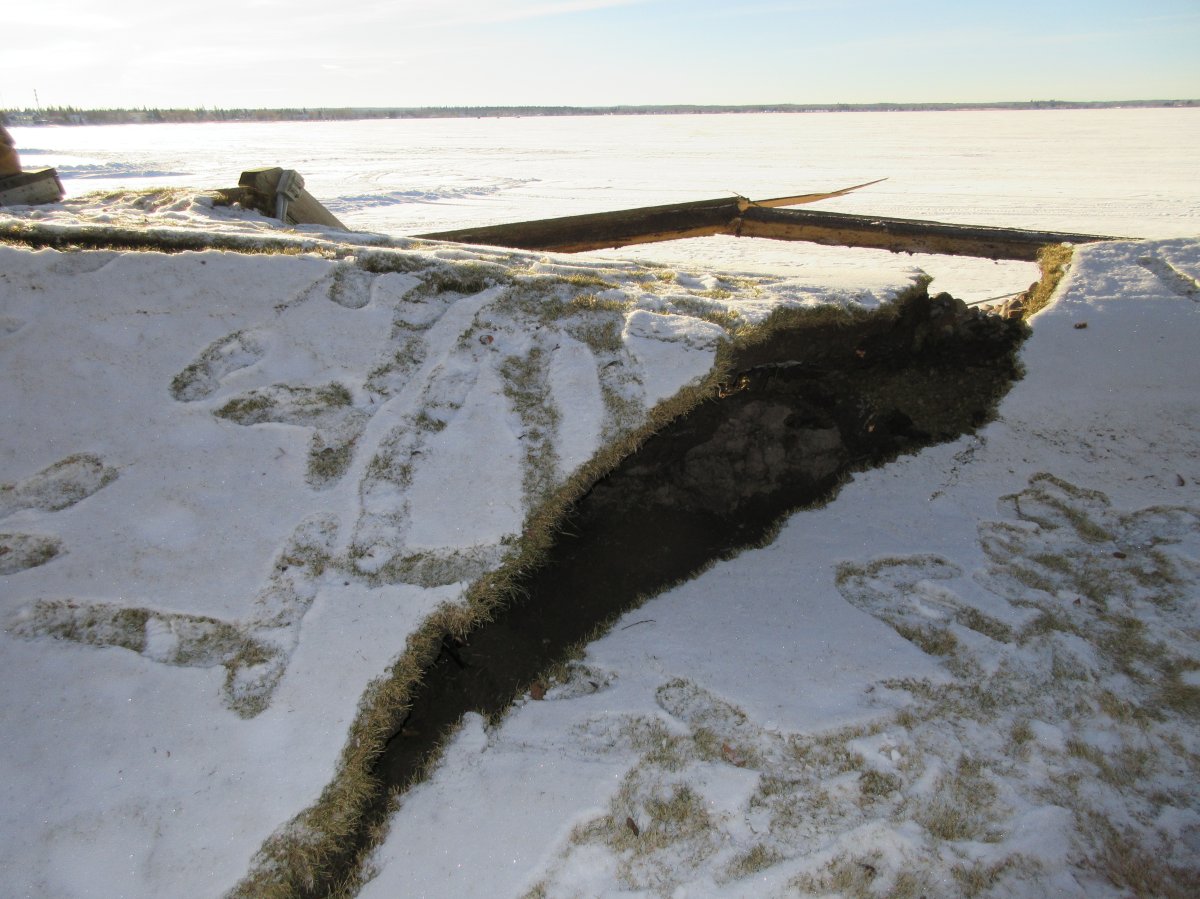

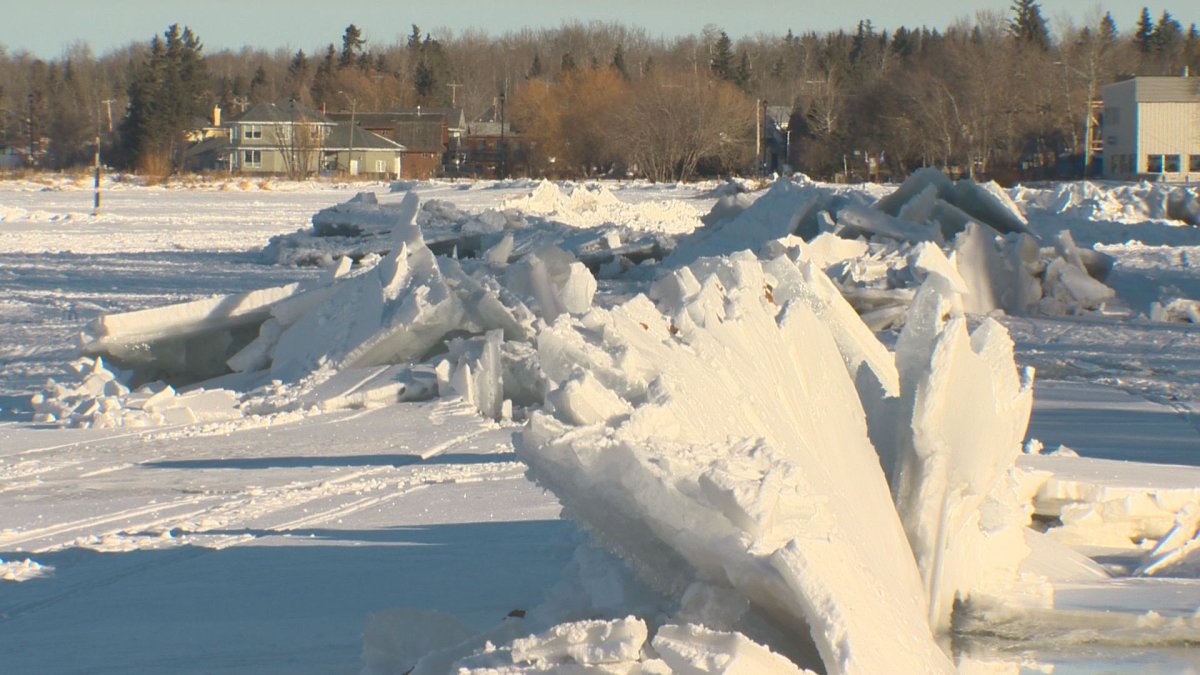

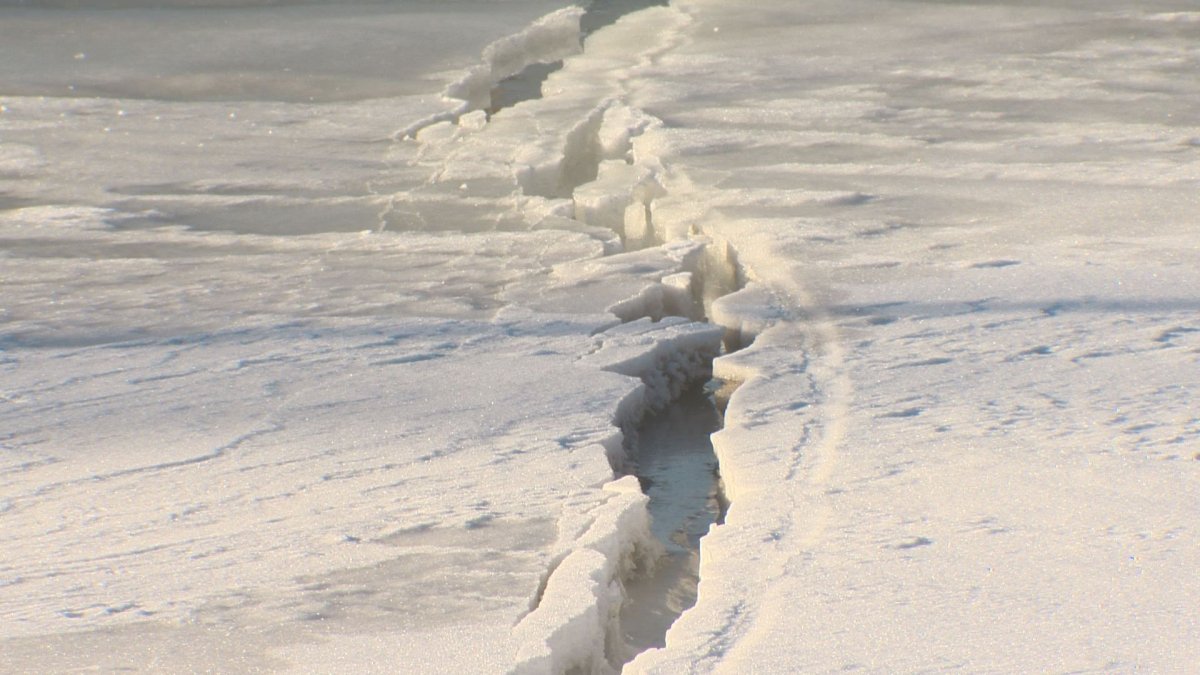





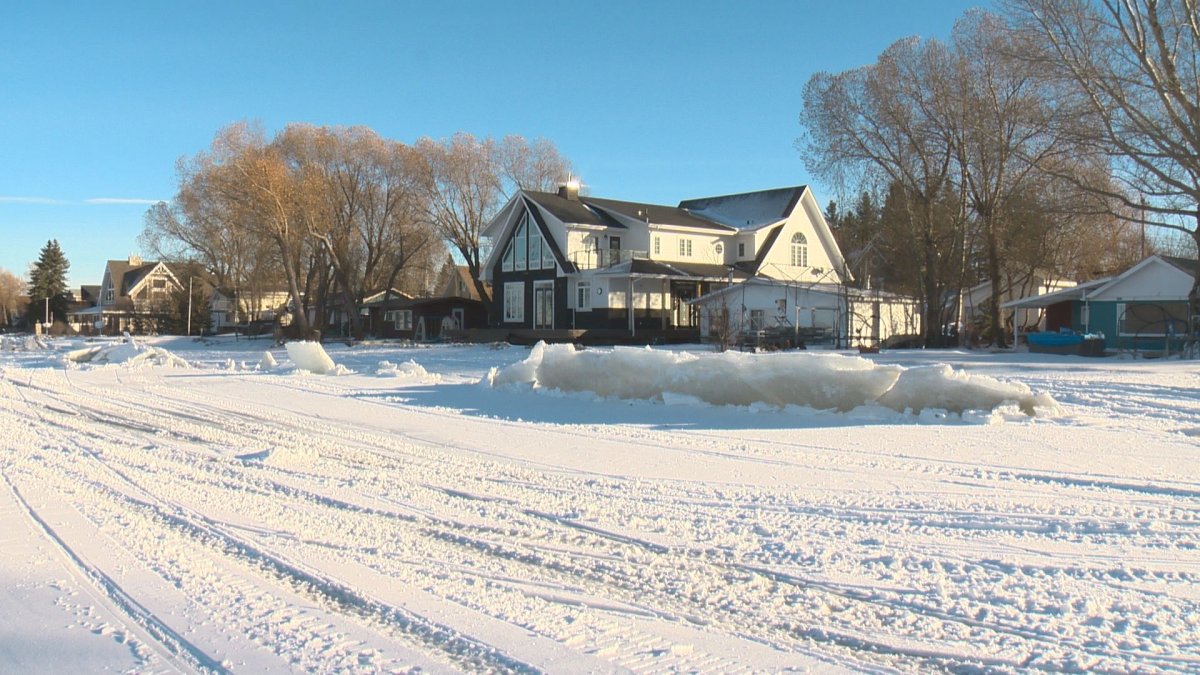








Comments